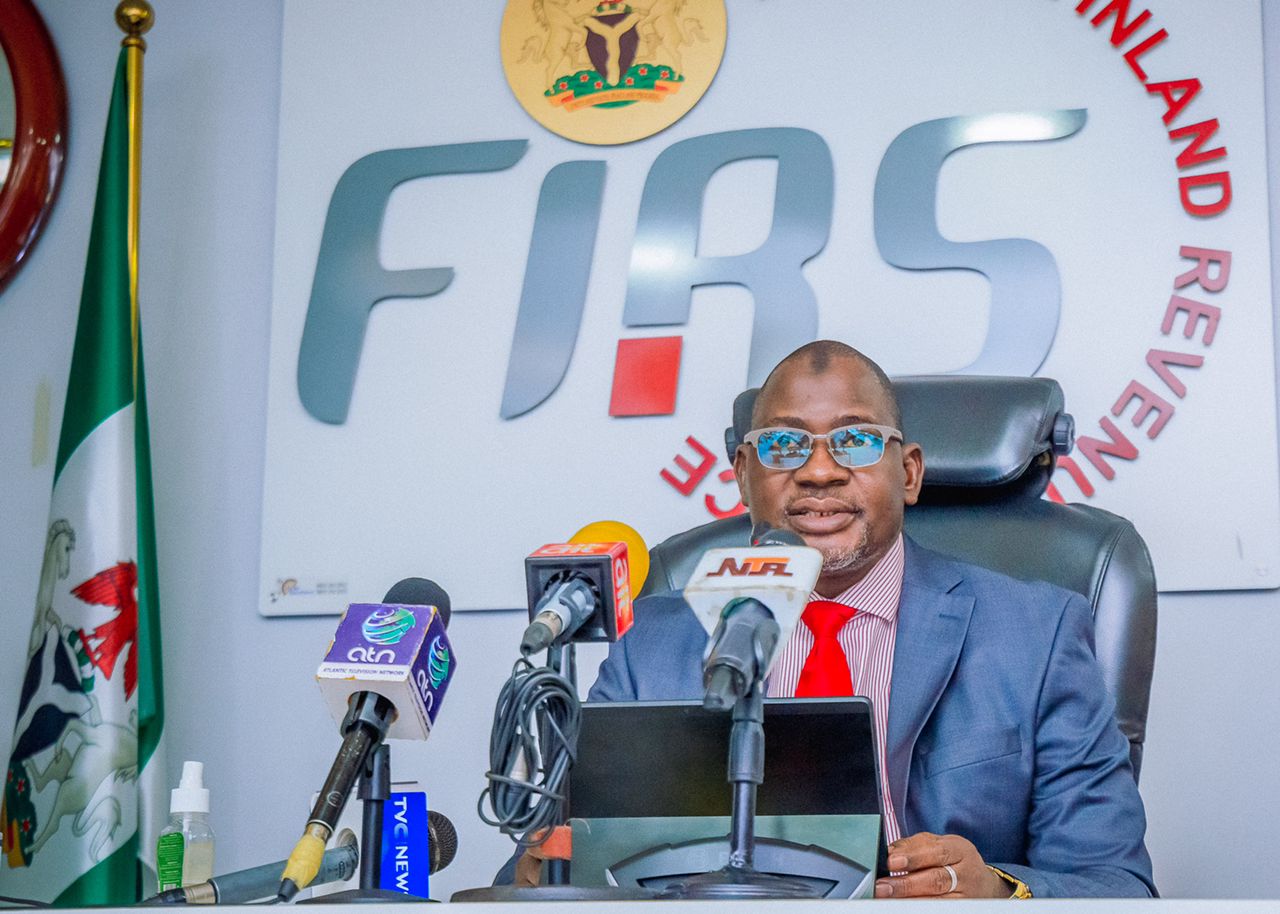Business
Nami Charges Professional Tax Bodies On Contribution To Tax Development In Nigeria

The Executive Chairman of the Federal Inland Revenue Service (FIRS) Muhammad Nami has called on professional bodies in the regulation of tax practise to lead conversations on matters of tax policy and tax laws in the country.
Mr. Muhammad Nami made the call yesterday while hosting a meeting of the Council Members of the Chartered Institute of Taxation of Nigeria (CITN), the Institute of Chartered Accountants of Nigeria (ICAN), and the Association of National Accountants of Nigeria (ANAN) to discuss the implementation of an MoU on standardisation of tax practice in Nigeria.
Mr. Nami while calling for value-based leadership approach from the council urged the professional bodies to work hand-in-hand with the Service to deepen the FIRS institutional framework through qualitative reporting and effective representation of their clients.
“Our professional bodies need to speak on matters of tax policies and tax laws especially on proposals to annual Finance Bills.
“We also urge you to help the Service to deepen institutional framework through quality reporting and effective representation of clients by our professional colleagues.
“We need to stem the tides in improving financial reporting to reduce the spate of ‘copy and paste’ financial reporting system as we experience today.” Mr. Nami stated.
Speaking further, the FIRS Executive Chairman who is also a Fellow of two of the three professional bodies explained that on the part of the FIRS, the tax authority had adopted renewed strategies to tackle financial reporting concerns.
Mr. Nami noted that the FIRS had created new departments such as the Intelligence, Strategic Data Mining and Analysis Department, the Special Crimes Department, the Tax Incentives Management Department and the Emerging and Special Taxes Department, which are at the forefront of unravelling financial reporting issues through data mining.
He also noted that the FIRS alongside State Inland Revenue Services are collaborating with the National Identity Management Commission (NIMC) to build a databank to improve tax investigation.
Other strategies include the accreditation of tax consultants and auditors in the FIRS, the review of data from Automatic Exchange of Information as well as increased enforcement actions.
The Presidents of the three bodies, Professor Benjamin Osisioma of ANAN, Mr. Tijjani Musa Isa of ICAN and Mr. Adesina Adedayo of the CITN commended the FIRS Executive Chairman for showing leadership in pushing for and enabling a resolution of the squabbles between the three bodies.
While thanking Mr. Nami for his leadership, the ANAN President noted that failure to cooperate amongst the three bodies would lead to chaos in tax regulation in the country.
“If we fail to cooperate and collaborate, we would destroy what we are trying to build,” he stated.





